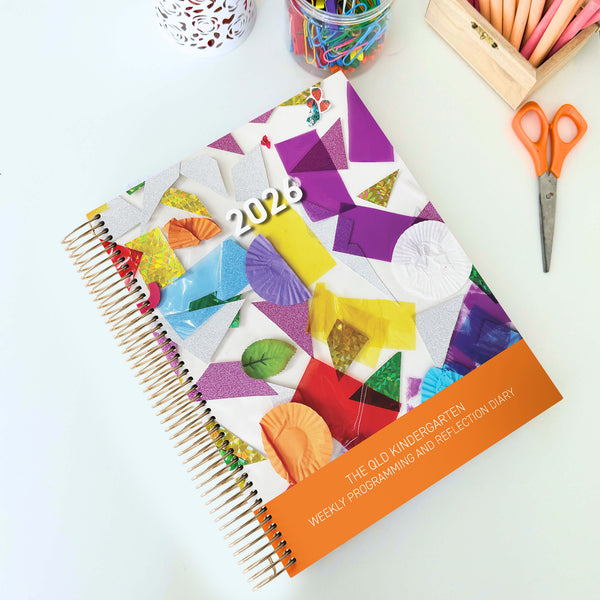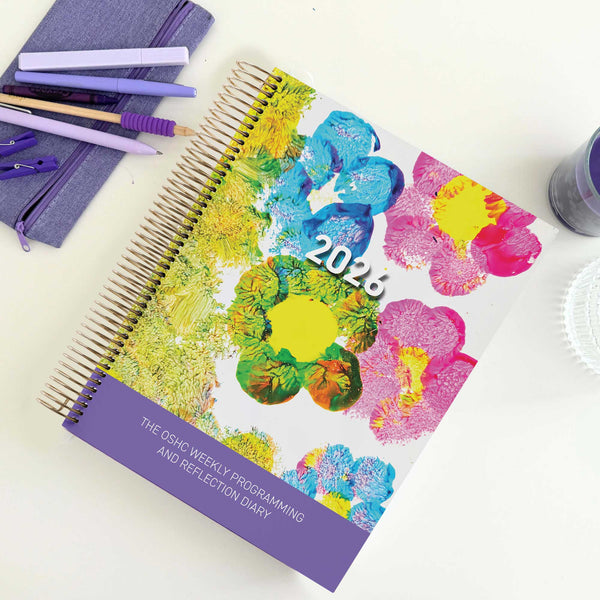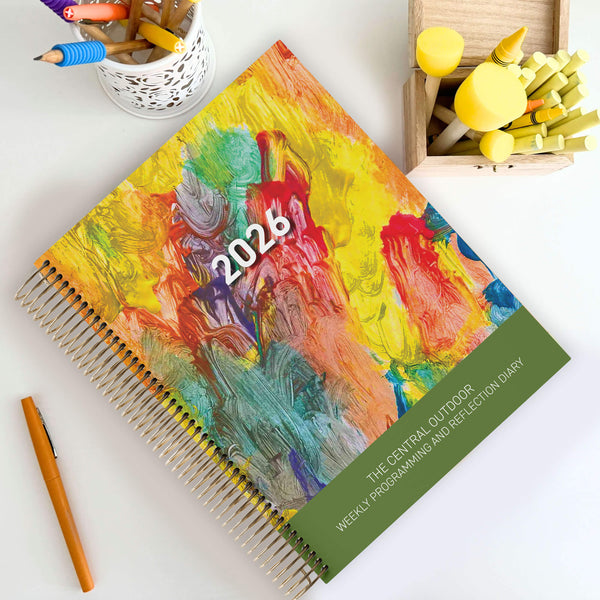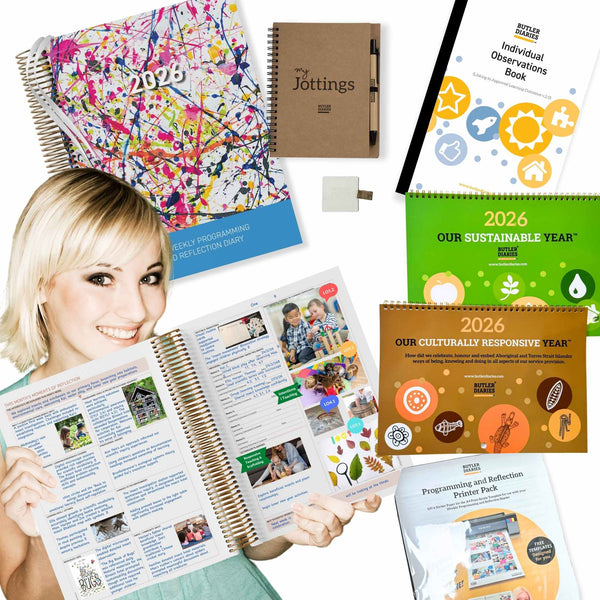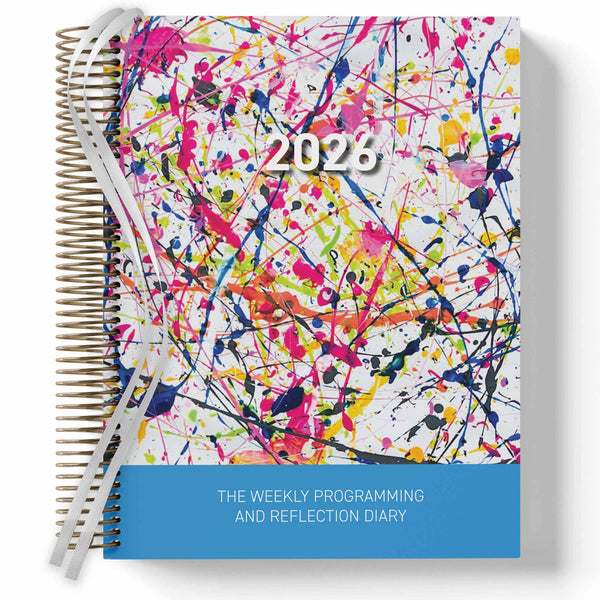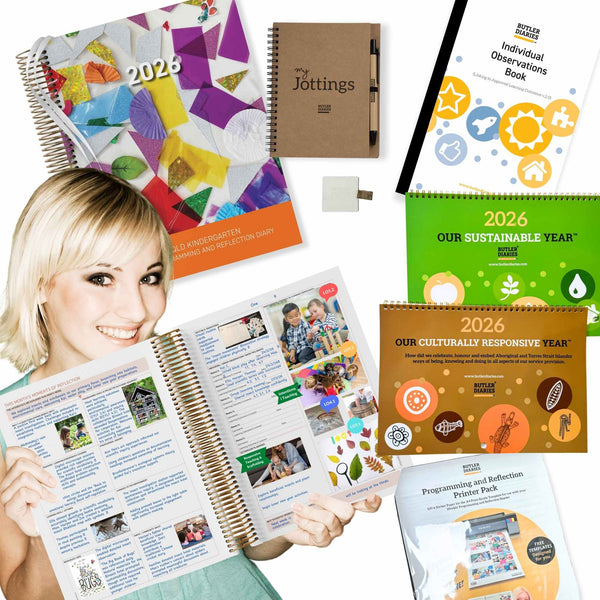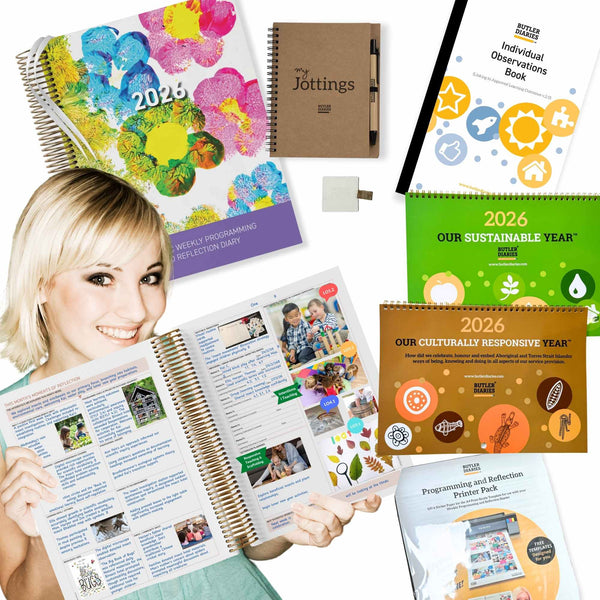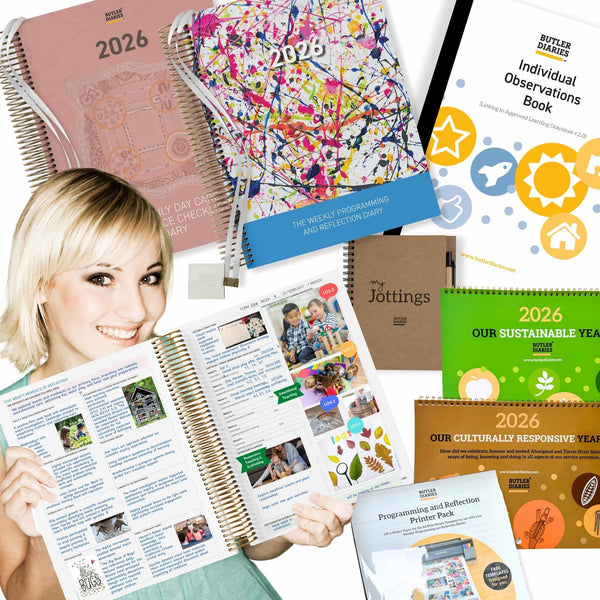Parent involvement is key in creating a supportive, well-rounded learning environment for children. Active engagement can enhance children’s learning experiences and foster a collaborative, supportive relationship between educators and families. It is also a core component of NQS and ALFs. Here are 10 tailored strategies for each type of Early Childhood Education and Care setting to encourage parent interest and involvement in their child’s program.
10 Ideas for Long Day Care Centres
-
Parent Observation Days
Invite parents to observe their child’s learning environment and daily routines. Observing a day in the life of their child can foster appreciation for the activities and routines the children experience. -
Learning Showcases
Host monthly or quarterly showcases where children present projects or activities they’ve worked on. This could be a craft exhibit, a storytelling session, or a music performance, giving parents a window into their child’s development. -
Weekly Learning Summaries
Display your Programming Diary as a weekly update about what children have learned, complete with photos and summaries. Include questions or conversation starters parents can discuss with their child to deepen their engagement. You might choice to add an 'engagement question' in the last column of your spread. -
Share Learning Observations
Share the duplicate copy of observations recorded in your Individual Observations Duplicate Book to share children's learning with families. Include a question to engage families in the learning and follow up a week or so later to collect feedback to record in the Family Input section of your Programming Diary. -
Family Culture Days
Invite parents to share aspects of their culture with the children through storytelling, cooking, or music sessions. It’s a great way for children to learn about diversity while parents contribute to the learning environment. You can find a list of cultural celebrations in the front of your Programming Diary. -
Parent Lending Library
Set up a mini-library with books or resources that parents can borrow. Topics could cover child development, parenting tips, and how to support learning at home, encouraging parents to be co-learners. -
Home Learning Packs
Create take-home kits related to recent learning themes. For instance, if the focus is on plants, include a small pot, soil, and seeds. These packs encourage parents to engage with children in activities that mirror what’s happening at the centre. -
Interactive Parent-Child Projects
Provide a monthly project that parents and children can complete together at home, such as a nature collage or a family photo story. Display the projects at the centre, making parents and children feel a sense of accomplishment. -
Help them Understand the Program
Display information on the program and Frameworks to strengthen families understanding of the program and ability to identify core learning. Our Framework Agency Posters work great for this and you can utilise our free downloads like 'Supporting Families to Understand the Butler Method' and 'Providing EYLF Information for Families Portfolio Download'. -
Parent Feedback Board
Have a designated board or digital space where parents can leave feedback, suggestions, or ideas. Incorporating their input shows that you value their perspectives, fostering a stronger sense of involvement.

10 Ideas for Family Day Care (FDC) Settings
-
Daily Diaries or Communication Books
Encourage families to view and look through your Weekly Programming and Reflection Diary. and share duplicate copies from your Individual Observation Duplicate Book by sending them home or adding them to portfolios. Parents love knowing the details of their child’s day, especially in a smaller, intimate setting like FDC. -
Family Recipe Shares
Ask parents to share their favourite family recipes, which you can cook with the children. Document the cooking experience and send it home as a story, connecting home life with your program. -
Shared Learning Journals
Create a journal that travels between the family day care and home. Parents and children can add entries together about their weekend activities, connecting home and care experiences. Our My Amazing Year Children's Learning Journals work perfect for this. Or capture observations using Individual Observation Duplicate Book and add the duplicate copy to the child's learning journal. -
Collaborative Cultural Celebrations
Involve parents in planning and participating in celebrations, such as cultural festivals. This shared celebration brings a personal touch and enhances children’s understanding of their families’ backgrounds. -
Open House Afternoons
Schedule open afternoons for parents to drop by and spend time with their child in the FDC setting, giving them a hands-on experience of their child’s activities. -
Parent Skill Sharing
Invite parents to share skills or hobbies with the group, like gardening, art, or music. Children benefit from diverse learning experiences, and parents get to actively contribute. -
Monthly Newsletters
Send home a newsletter with updates on themes, planned activities, and child highlights. It helps parents understand the learning focus and encourages them to continue it at home. -
Growth and Learning Wall
Create a visual space showing each child’s progress and achievements, which parents can view regularly. This could include artwork, milestone achievements, or learning goals. -
Photo Journals
Share photo journals of children’s daily experiences, capturing candid moments and activities. It’s a simple way to involve parents and celebrate their child’s journey. -
At-Home Challenges
Set simple weekly challenges that parents can complete with their children, like reading a new book or exploring a local park. These foster family connections and support the FDC’s learning themes.

10 Ideas for Outside School Hours Care (OSHC)
-
Weekly Update Emails
Send a brief email update with the highlights of the week’s activities, including any new skills children have worked on, fostering transparency and continuous connection with parents. Include reminders to check out the Weekly Programming and Reflection Diary. for what children are learning about so they can ask their child about it. -
Special Activity Days with Parents
Host a family art evening where parents and children can work on art projects together, with each piece contributing to a larger community display. Invite parents to share hobbies or skills with the children during OSHC hours, whether it's baking, sports coaching, or even chess, encouraging diverse learning experiences. -
Interactive Notice Board
Use a notice board to display children’s recent projects, upcoming themes, and ways parents can support learning at home, making it a hub of engagement. Include some of the Posters and Free Downloads mentioned in the 'Long Day Care List'. -
Parent Skill Exchange
Invite parents to share hobbies or skills with the children during OSHC hours, whether it's baking, sports coaching, or even chess, encouraging diverse learning experiences. -
Send Home Learning Observations
Record learning observations and updates using the Individual Observation Duplicate Book and send home the duplicate copy with a question or extension ideas to help the family build on learning at home. -
Community Projects
Collaborate on a community project, like planting a garden or creating a mural, and invite parents to participate alongside the children, fostering teamwork and contribution. -
Learning Contracts
Develop a “learning contract” where children set goals with the support of their parents. Parents then help children work on these goals, like improving reading skills or learning a new sport. -
Regular Parent Surveys
Ask parents for feedback on the program and suggestions for future activities. This input not only provides insights but also shows parents that their perspectives are valued. -
Take-Home Achievement Cards
Send home cards celebrating children’s achievements or new skills, encouraging parents to discuss and celebrate these milestones with their child. -
End-of-Term Celebrations
Host a small celebration at the end of each term where parents can see their child’s work, hear about their progress, and enjoy a shared experience with other families and staff.

Creating Strong Connections Between Home and Care
By implementing these strategies, you create an environment where parents feel included, informed, and inspired to participate in their child’s educational journey. Whether in Long Day Care, Family Day Care, or OSHC, these approaches foster a collaborative spirit that strengthens the bond between home and care, benefiting the children at the heart of the program.
Related Blog Posts
-
Supporting Families to Understand the Butler Method: Free Parent Information on Butler Diaries
-
What’s the Best Way to Communicate with Parents About Accidents and Injuries?
-
Tips for Involving the Community and Building Connections in Your ECEC
-
35 Community Involvement Ideas for Early Learning Services (Engaging Without Leaving the Service)











